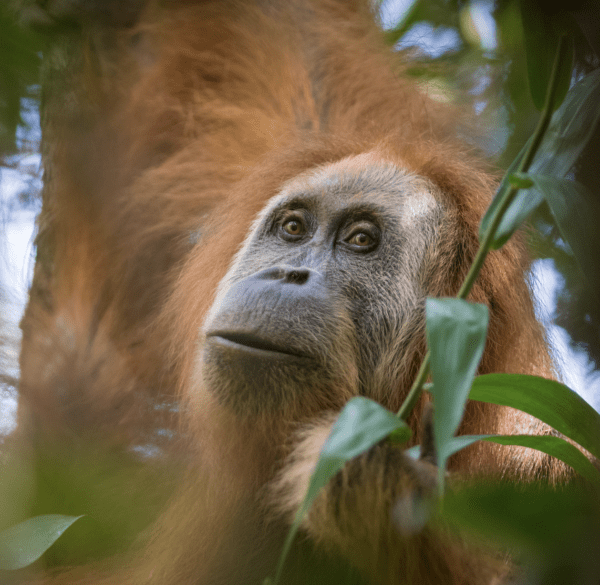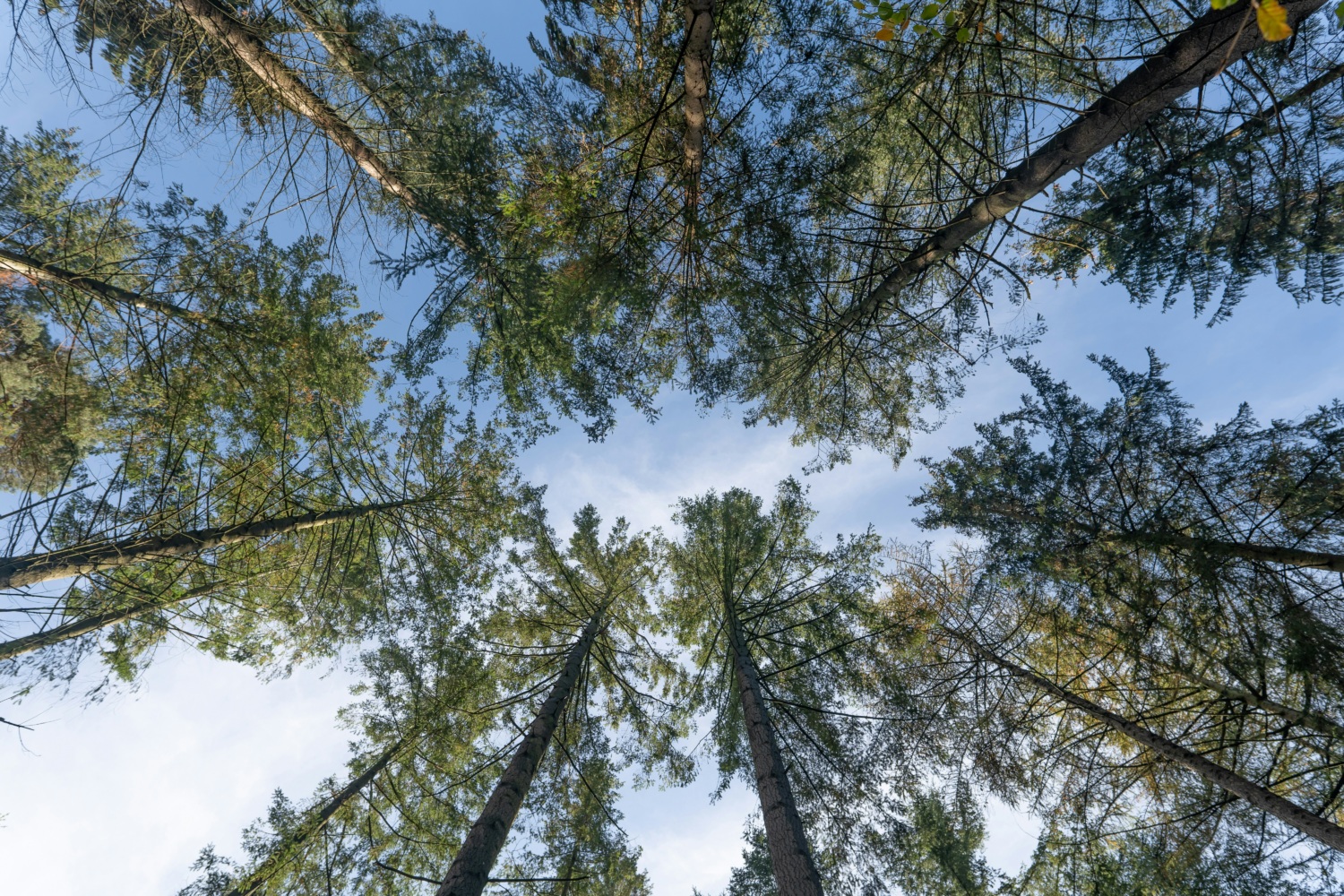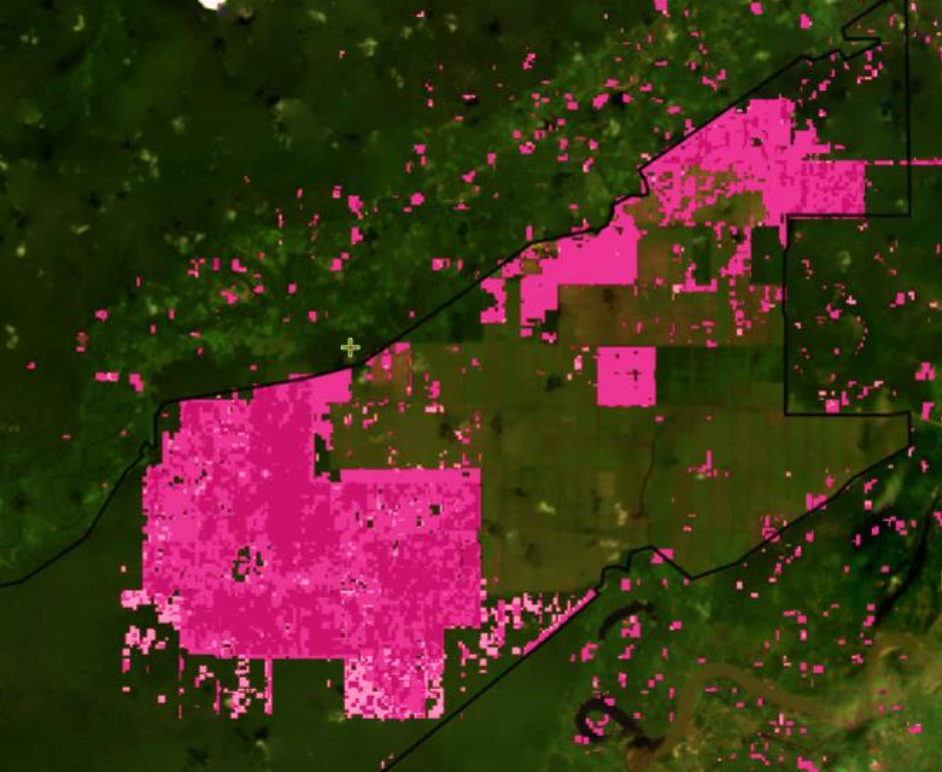
Right to Reply to Tempo on saving the Tapanuli orangutan, the world’s rarest great ape.

To the Editor:
Re: Right to Reply re Opinion article about Batang Toru hydropower plant (17 July 2023).
Read in Bahasa
The Tapanuli Orangutan is one of Indonesia’s natural treasures. Identified in 2017 as a new species, the Tapanuli Orangutan only lives in the Batang Toru ecosystem, North Sumatra.
However, deforestation has destroyed the vast majority of this amazing animal’s habitat (and that of the many other creatures that compose Batang Toru). Fewer than 800 individual Tapanuli orangutans remain. It is the most endangered great ape species in the world, making it an international conservation priority.
We have repeatedly publicly called for alternatives to the two projects that most threaten the ecosystem: First, the Batang Toru dam, whose location means that it would further divide three sub-populations of this already endangered orangutan. It is being built in a location that was found to have some of the highest densities of Tapanuli orangutans. This dam is also dangerous for communities and workers: repeated explosions and landslides have killed a total of seventeen community members, Chinese and Indonesian workers. It is unclear what purpose the dam serves. A study found that the supply of electricity in the area is sufficient, so that additional electricity from the PLTA is not needed.
The International Union for the Conservation of Nature called in 2019 for a moratorium on projects that impact the Tapanuli orangutan, and we have consistently worked to ensure adherence to that call. We have asked the private companies involved to pause development until credible scientists can assess its impact on the environment and recommend what should be done. However, the article erroneously suggests we somehow offered a “syndicated loan funding scheme.” I want to be clear that is untrue (as confirmed by Tempo’s own reporting in the news article accompanying the opinion piece). We are not a bank, we are an advocacy NGO. We do not offer financing to companies. And we are not brokers either. Instead, we proudly urge international donors and financiers to invest in conservation and truly clean energy.
The dam is not the only project that endangers Batang Toru. Potential expansion of the Martabe gold mine into Tapanuli habitat also threatens the ecosystem. Just as with the dam, we have spent years publicly advocating that the mine’s owners pause expansion until scientists have the opportunity to ensure expansion only happens outside orangutan habitat.
We’ve met multiple times with the company that owns the mine, have published hard-hitting articles about the threat the mine presents in media around the world, and have filed alerts about it with dozens of companies that do business with Jardines. The mine owners have responded by saying they will respect scientists’ assessment of the conservation impact before development. It was therefore perplexing to read the article saying that we “don’t bother too much about the operation of the Martabe gold mine.” As anyone involved in the campaign to stop the mine can attest, we bother very much indeed.
The opinion article’s implication that there is some vague business interest behind our campaign is untrue – we are an independent non-profit organization, and do not accept donations from businesses involved in the issues we work on. Our concern about the Batang Toru comes from our overall mission to protect Nature and climate. Mighty Earth, the global conservation organization that I lead, has worked for many years to support sustainable development in the region in consultation with many community and civil society organizations. Our mission is simple: to protect nature and secure a stable climate that allows life to flourish.
It’s therefore a major concern when unnecessary projects threaten natural ecosystems and endanger the surrounding community because they are built on earthquake faults making them prone to disasters. That kind of project cannot be called clean energy.
Ultimately, in addition to developing alternatives to the dam and stopping the expansion of the mine, the protection of the Tapanuli orangutan and the Batang Toru ecosystem require a comprehensive conservation and restoration plan. There are hundreds of thousands of acres of land nearby that could be restored to provide habitat for this orangutan and other wildlife, while bolstering Indonesia’s reputation for championing conservation. We stand ready to work with the government and civil society to help achieve that vision.
Sincerely,
Glenn Hurowitz
Founder and CEO Mighty Earth


